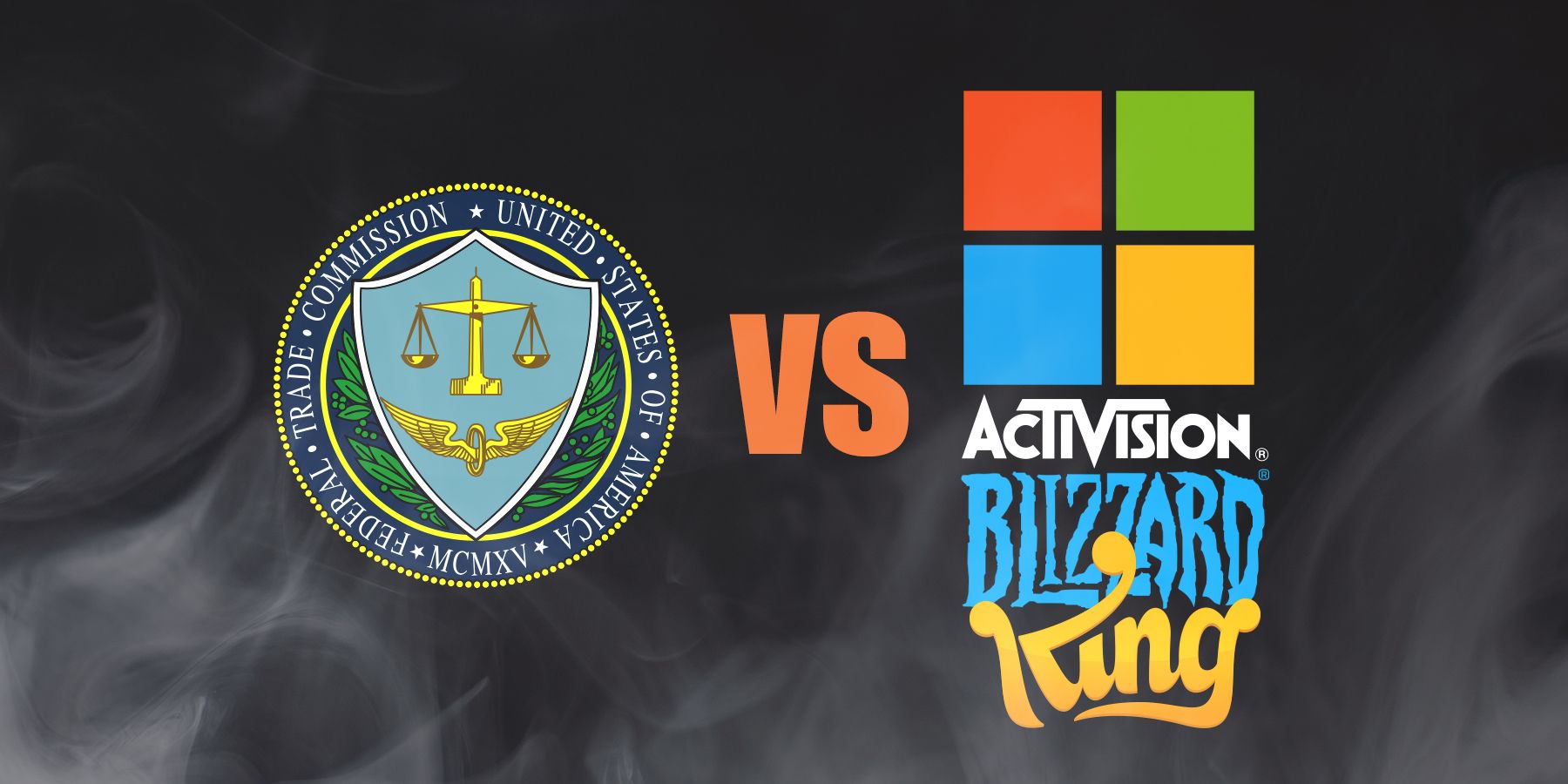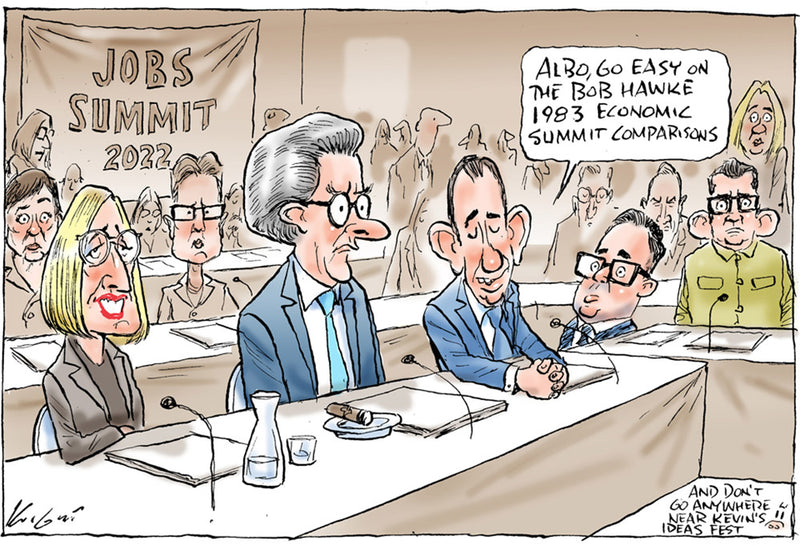Activision Blizzard Deal: FTC's Appeal And Future Uncertainty

Table of Contents
The FTC's Case Against the Activision Blizzard Deal
The FTC's primary argument against the Activision Blizzard deal centers on its potential to stifle competition within the gaming market.
Anti-Competitive Concerns
The FTC argues that Microsoft's acquisition of Activision Blizzard would significantly reduce competition, particularly concerning the immensely popular Call of Duty franchise. This concern stems from several key issues:
- Microsoft's dominance in the console market: Acquiring Activision Blizzard would further solidify Microsoft's position, potentially giving them an unfair advantage over competitors like Sony and Nintendo. The integration of Activision Blizzard's games, especially Call of Duty, into Xbox Game Pass could significantly hinder other platforms.
- Exclusion of competitors from access to key Activision Blizzard titles: The FTC worries that Microsoft might make key titles, such as Call of Duty, exclusive to Xbox consoles or its Game Pass subscription service, harming competitors and limiting consumer choice. This could stifle innovation and limit the development of competing titles.
- Potential for increased prices and reduced innovation: A lack of competition, due to Microsoft's increased market control, could lead to higher prices for games and a slowdown in innovation as the incentive to create better alternatives diminishes. The Activision Blizzard deal, if completed, could fundamentally alter the pricing strategies across the industry.
The Judge's Ruling and the FTC's Appeal
A federal judge initially dismissed the FTC's lawsuit to block the Activision Blizzard deal, arguing that the commission had not presented sufficient evidence to demonstrate anti-competitive behavior. However, the FTC swiftly appealed this decision, citing several points of contention:
- The judge's reasoning primarily focused on the potential for Microsoft to make Call of Duty exclusive, while overlooking other potentially anti-competitive practices related to other Activision Blizzard titles and overall market share.
- The FTC argued that the judge's analysis failed to adequately consider the long-term implications of the merger and its potential impact on future innovation and competition.
- The appeal timeline includes several key dates for filings and potential court hearings, the progression of which will dictate the future of the Activision Blizzard deal.
Potential Outcomes and Their Implications
The outcome of the FTC's appeal will dramatically shape the future of the gaming industry. Two primary scenarios exist:
Scenario 1: FTC Wins the Appeal
A successful appeal by the FTC would effectively block the Activision Blizzard deal, creating significant consequences:
- Consequences for Microsoft's gaming ambitions: Microsoft's gaming strategy would suffer a major setback, potentially delaying or altering its long-term plans to expand its market share. The failure to acquire Activision Blizzard would represent a considerable blow to their gaming division.
- Impact on Activision Blizzard's stock price and future plans: A blocked deal would negatively affect Activision Blizzard's stock price and necessitate a significant reassessment of their future strategy, including exploring alternative acquisition options.
- Ripple effects on other potential mergers and acquisitions in the gaming industry: An FTC victory would set a powerful precedent, leading to increased regulatory scrutiny and making future large-scale mergers and acquisitions in the gaming industry more challenging.
Scenario 2: Microsoft Prevails
If the FTC's appeal fails, the Activision Blizzard deal will proceed, potentially reshaping the gaming landscape:
- Integration challenges and potential difficulties in merging two large companies: Merging two such large companies presents numerous logistical and operational challenges, requiring careful planning and execution to avoid disrupting existing operations and workflows.
- Microsoft's plans for Activision Blizzard's portfolio of games: Microsoft's plans for integrating Activision Blizzard's game portfolio into its ecosystem, especially the impact on Xbox Game Pass, will be a focal point post-acquisition.
- The potential impact on subscription services like Xbox Game Pass: The inclusion of Activision Blizzard's substantial game catalog could significantly boost Xbox Game Pass subscriptions, enhancing its competitive edge but potentially at the expense of competition.
The Broader Regulatory Landscape and Future of Gaming Mergers
The Activision Blizzard case highlights the increasing regulatory scrutiny surrounding mergers and acquisitions within the tech industry.
Increased Regulatory Scrutiny
The Activision Blizzard deal sets a precedent, signaling increased regulatory scrutiny for future mergers and acquisitions in the gaming and tech sectors:
- Discussions about evolving antitrust laws and their application to the rapidly changing tech landscape are gaining momentum.
- Potential changes in regulatory approaches to mergers and acquisitions in response to this case could significantly impact future deals.
- The outcome will influence future investment decisions in the gaming industry, creating uncertainty for investors.
The Role of Consumer Protection
The FTC's actions underscore the critical balance between fostering innovation and protecting consumers in a consolidating tech market:
- Consumer concerns regarding potential price increases, reduced access to games, and diminished competition are central to the debate.
- The case's outcome will directly impact consumer choice and the overall gaming experience, determining the long-term availability and pricing of popular titles.
- The long-term implications for gamers' access to favorite games and new releases are directly tied to the final resolution of the Activision Blizzard deal.
Conclusion
The FTC's appeal regarding the Activision Blizzard deal is a pivotal moment for the gaming industry. The outcome will significantly impact Microsoft, Activision Blizzard, and the broader regulatory landscape. The uncertainty surrounding this case emphasizes the need for careful monitoring and analysis of the competitive dynamics within the gaming world. Stay informed on the developments in this ongoing legal battle, as the future of the Activision Blizzard deal and the gaming landscape hinges on the final ruling. Keep following updates on the Activision Blizzard deal to stay informed.

Featured Posts
-
 Priyanka Chopras Birthday Post For Sister Mannara Chopra A Bond Of Unbreakable Love
May 06, 2025
Priyanka Chopras Birthday Post For Sister Mannara Chopra A Bond Of Unbreakable Love
May 06, 2025 -
 Australian Election Albaneses Economic Opportunity
May 06, 2025
Australian Election Albaneses Economic Opportunity
May 06, 2025 -
 Albrnamj Alsewdy Ltnmyt Wiemar Alymn Yeqd Ajtmaea Hama Me Mjmwet Shrkae Alymn
May 06, 2025
Albrnamj Alsewdy Ltnmyt Wiemar Alymn Yeqd Ajtmaea Hama Me Mjmwet Shrkae Alymn
May 06, 2025 -
 Zvabliva Rianna Fotosesiya V Elegantnomu Rozhevomu Merezhivi
May 06, 2025
Zvabliva Rianna Fotosesiya V Elegantnomu Rozhevomu Merezhivi
May 06, 2025 -
 Aussie Dollar Outperforms Kiwi Option Traders Insights
May 06, 2025
Aussie Dollar Outperforms Kiwi Option Traders Insights
May 06, 2025
